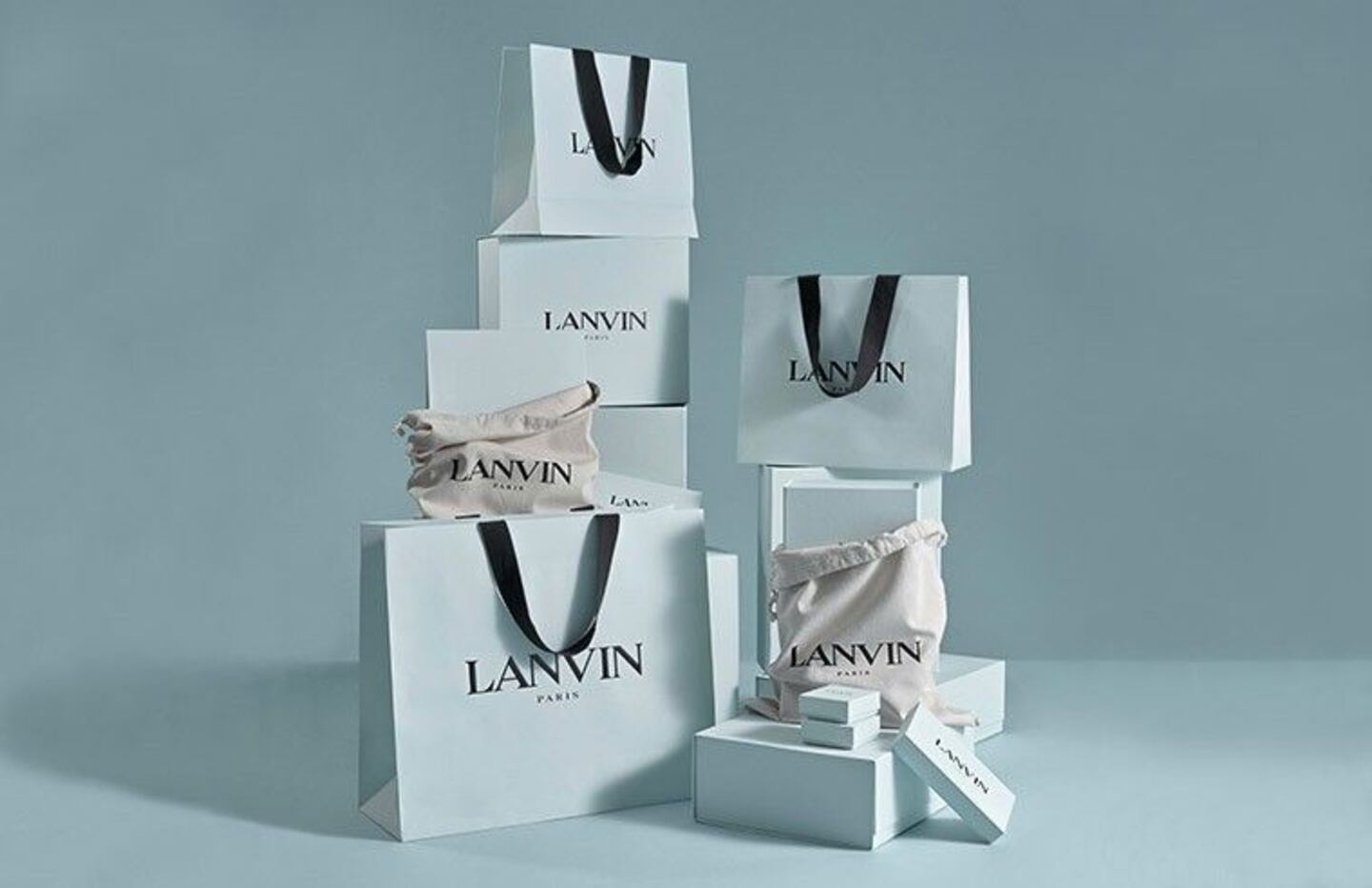
The Business of Fashion
Agenda-setting intelligence, analysis and advice for the global fashion community.

Agenda-setting intelligence, analysis and advice for the global fashion community.

Fosun Fashion Group, which has a brand portfolio including Lanvin, Wolford and St. John, has formed a strategic partnership with major Chinese e-commerce service provider, Baozun, and integrated marketing agency, Activation Group.
The deal will see Baozun and Activation become minority shareholders in Fosun Fashion Group and guarantees that Fosun’s brands exclusively work with Baozun and Activation for their e-commerce and marketing needs.
“We made a strategic decision to establish this alliance through capital transactions in order to leverage the long-term operational experience accumulated by our partners, [which we believe] will better empower us,” Joann Cheng, chairwoman of Fosun Fashion Group, said.
Indeed, Baozun is a leading e-commerce service provider for many international brands in China, including Nike, Farfetch, Burberry, Zara, Gucci and Coach. Last year, the company, which is listed both in Hong Kong and on the Nasdaq, reported total net revenues of 8.8 billion yuan ($1.36 billion), an increase of 21.6 percent year-on-year.
ADVERTISEMENT
Fosun Fashion Group has been pushing its brands, particularly Lanvin, more aggressively in the China market, where e-commerce is playing an increasingly important role in sales conversions, even for luxury brands.
With consumers tightening their belts in China, the battle between global fast fashion brands and local high street giants has intensified.
Investors are bracing for a steep slowdown in luxury sales when luxury companies report their first quarter results, reflecting lacklustre Chinese demand.
The French beauty giant’s two latest deals are part of a wider M&A push by global players to capture a larger slice of the China market, targeting buzzy high-end brands that offer products with distinctive Chinese elements.
Post-Covid spend by US tourists in Europe has surged past 2019 levels. Chinese travellers, by contrast, have largely favoured domestic and regional destinations like Hong Kong, Singapore and Japan.